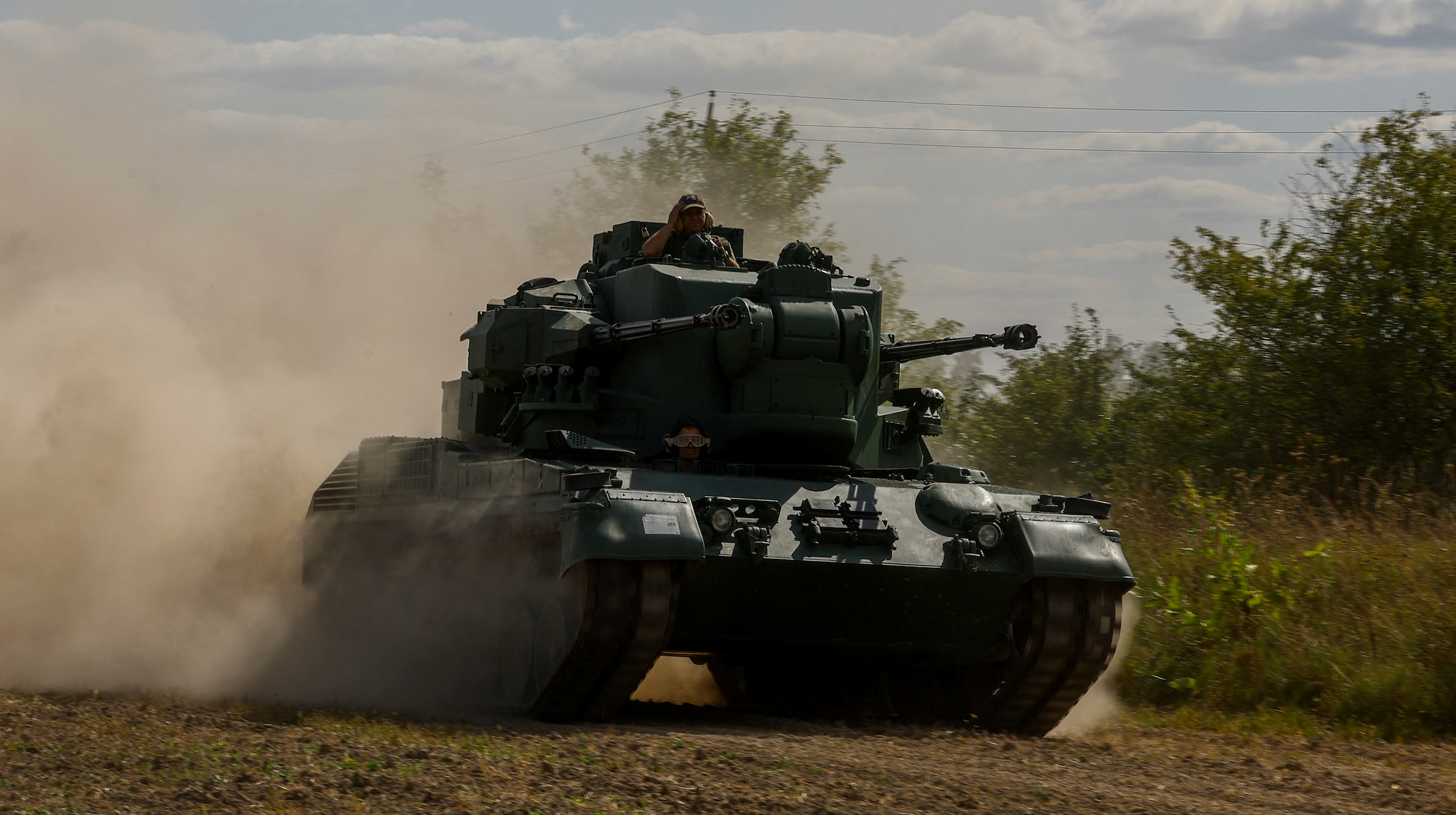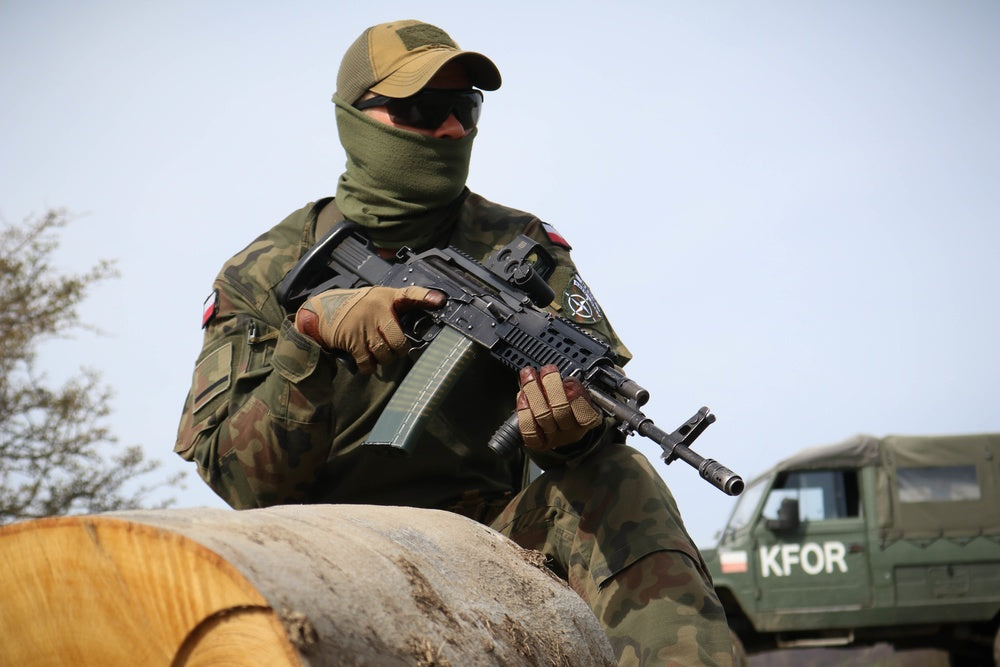
Ukraine readies air defenses for new Russian winter assault on power grid
PHOTO CAPTION: Ukrainian servicemen operate a Gepard self-propelled anti-aircraft gun during their combat shift, amid Russia's attack on Ukraine, in Zhytomyr region, Ukraine September 5, 2023. REUTERS/Valentyn Ogirenko
By Max Hunder
ZHYTOMYR REGION, Ukraine (Reuters) -Ukrainian air defence crews are banking on newer and better weapons systems to help prevent their country being plunged into darkness again in a second winter of Russian missile and drone strikes.
Nearly half of Ukraine's energy system was damaged by Russian attacks last winter, when Moscow pummelled power plants and transformers with cruise missiles and Iranian-made Shahed drones. At times, millions of people had no electricity.
The threat of attacks on the power grid remains acute following reports that Moscow has set up its own facilities to manufacture assault drones based on the Shahed-136.
Vadym Skybytskyi, a Ukrainian intelligence official, said last week Moscow could start using more Shaheds alongside missiles to confuse Ukraine’s air defences by presenting an array of targets.
Russian attacks on energy infrastructure could begin in late September or early October, he said.
But most of last winter's damage has been repaired and Kyiv has bolstered its air defences, including with newly donated German-made Gepard systems - sleek green turrets mounted onto the chassis of a battle tank.
The military says one such system has shot down five Shaheds since its first use a month ago - a 100% success rate.
"We understand that the enemy has not quit his criminal intentions to hit critical infrastructure facilities and cause damage to Ukraine and its economy," General Serhiy Naiev, commander of the Joint Forces of the Armed Forces, told Reuters in the northern region of Zhytomyr.
"We had fewer (systems) last winter. Now we have been given more, and the effectiveness will be better," he said while visiting the region to hand out medals.
COST-EFFECTIVE
Ukraine appears to have prepared well for more strikes by drones, or unmanned aerial vehicles (UAV), but their gradually increasing numbers could pose a problem, said Samuel Bendett, Senior Adjunct Fellow at the Center for a New American Security.
"There will be more of these UAVs in the air, but probably not much more than flying now, since Russia is still a long way from its intended goal to manufacture thousands of these drones," Bendett said of the coming months.
Ukraine's president said last month Russia had launched nearly 2,000 Shaheds during the war.
The Shaheds are estimated by military analysts to cost about $20,000 each, but the Western-supplied air defence missiles Kyiv used last winter cost many times more.
Naiev said one round fired by Gepard flak guns costs less than $1,000, making them more cost-effective.
Each Gepard has radar with an effective radius of 12 km (7.5 miles). Ukraine does not have enough to cover all its territory but Naiev said large-calibre machine guns such as the U.S.-made M2 Browning helped fill the gaps.
Anton, a crewman in the Gepard which hit five Shaheds last month, spoke of the excitement when the crew shot down drones during two night attacks in August.
"Adrenaline, emotional overload... you can't convey it with words," he said. "We are not frightened. It drives us on to work (hard) and destroy targets in the Ukrainian sky."
(Editing by Timothy Heritage and Angus MacSwan)









